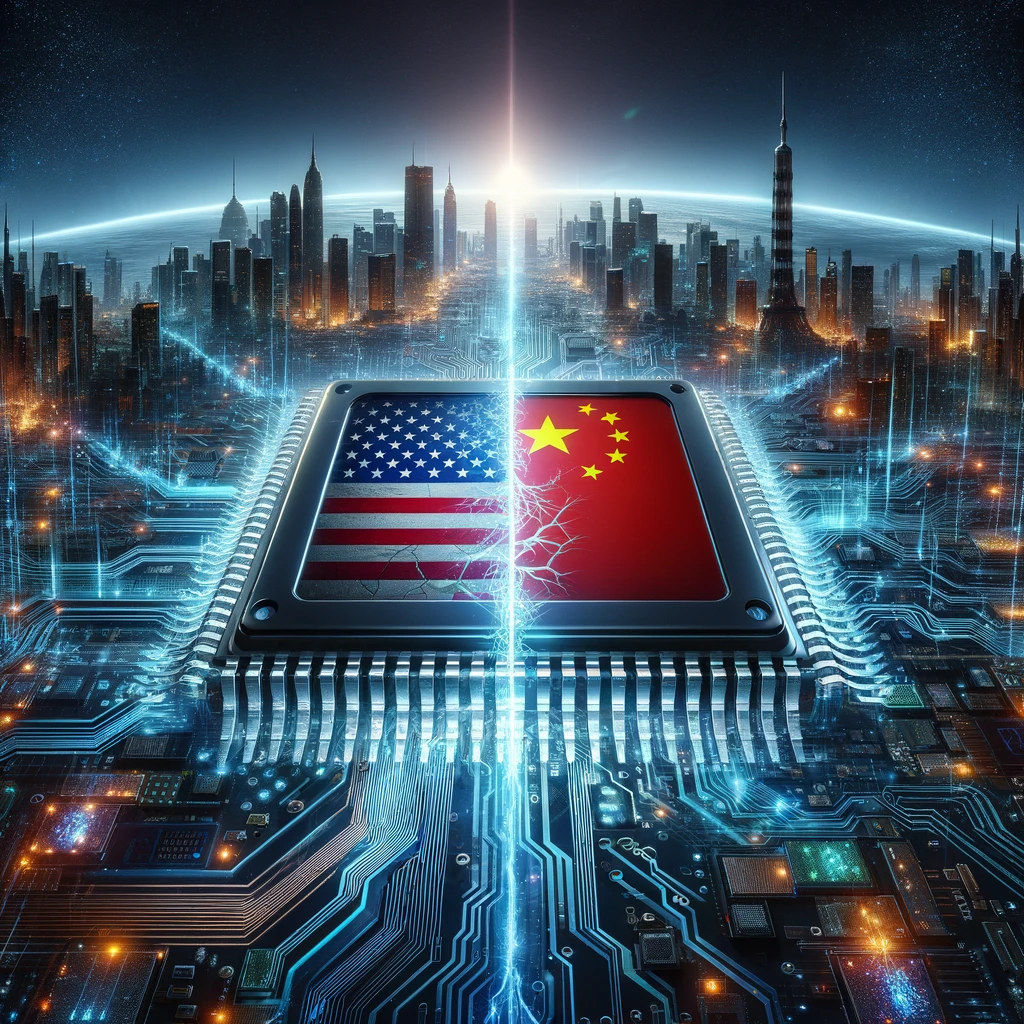The ongoing chip war between the US and China has sent ripples through the global tech industry, affecting companies large and small. Teradyne, a leading provider of automated test equipment, has not been immune to these tensions. With a significant footprint in both markets, Teradyne finds itself at the intersection of geopolitical dynamics and the fiercely competitive semiconductor industry.
The Heart of the Matter (Chip war)
At the core of the US-China chip war is a battle for technological supremacy and national security interests. The United States, aiming to curb China’s technological advancements and protect its own semiconductor industry, has imposed restrictions on the sale of chips and chip-making equipment to Chinese companies. China, in response, has accelerated its efforts to become self-reliant in semiconductor production.
Teradyne’s Challenge
Teradyne, known for its sophisticated testing equipment essential for semiconductor manufacturing, faces a dual challenge. On one hand, it must navigate the regulatory landscape shaped by US export controls. On the other, it seeks to maintain its market position in China, a country rapidly developing its semiconductor capabilities in pursuit of self-sufficiency. Teradyne, a leader in semiconductor testing equipment, is navigating through the complex geopolitical landscape of the US-China chip war with strategic adaptability. The intensifying technological tensions between the US and China have put companies like Teradyne in a challenging position, especially given the US’s export controls aimed at limiting China’s semiconductor manufacturing capabilities.
Impact on Operations
The US-China chip war has forced Teradyne to reevaluate its supply chain and customer base. The company had to pull $1 billion worth of equipment from China due to supply chain disruptions caused by the ongoing US-China chip war. This decision underscores the tangible effects of geopolitical tensions on operational strategies for companies embedded in the global tech ecosystem.
Strategic Adjustments
In response to these challenges, Teradyne is likely to make strategic adjustments. This could involve diversifying its supply chain, increasing investments in R&D to stay ahead of regulatory restrictions, and exploring new markets to offset potential losses in China. Furthermore, Teradyne might deepen collaborations with US chipmakers, who are benefiting from government incentives under initiatives like the CHIPS Act.
Looking Ahead
As the US-China chip war continues to unfold, companies that are directly affected, such as Teradyne, are constantly adapting their strategies to mitigate the impact. The semiconductor industry, renowned for its ability to bounce back and drive innovation, will closely observe Teradyne’s response to these geopolitical tensions. Teradyne’s approach in navigating the intricate landscape of global tech trade is expected to serve as a valuable case study. The evolving dynamics between the United States and China in the chip industry will undoubtedly shape the strategies and to navigate these complexities will be closely scrutinized as a barometer for success in this high-stakes global environment.
The ongoing developments in the US-China chip war underscore the interconnectedness of technology, geopolitics, and global trade. Companies like Teradyne, situated at the nexus of these forces, must adapt to survive and thrive. As stakeholders watch closely, the outcomes of this conflict will undoubtedly shape the future of the global semiconductor industry for years to come.



